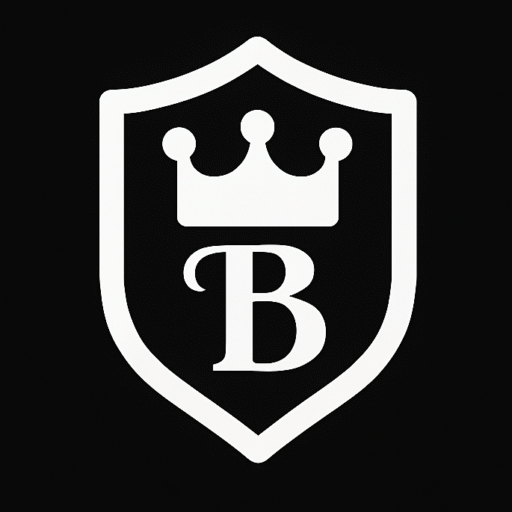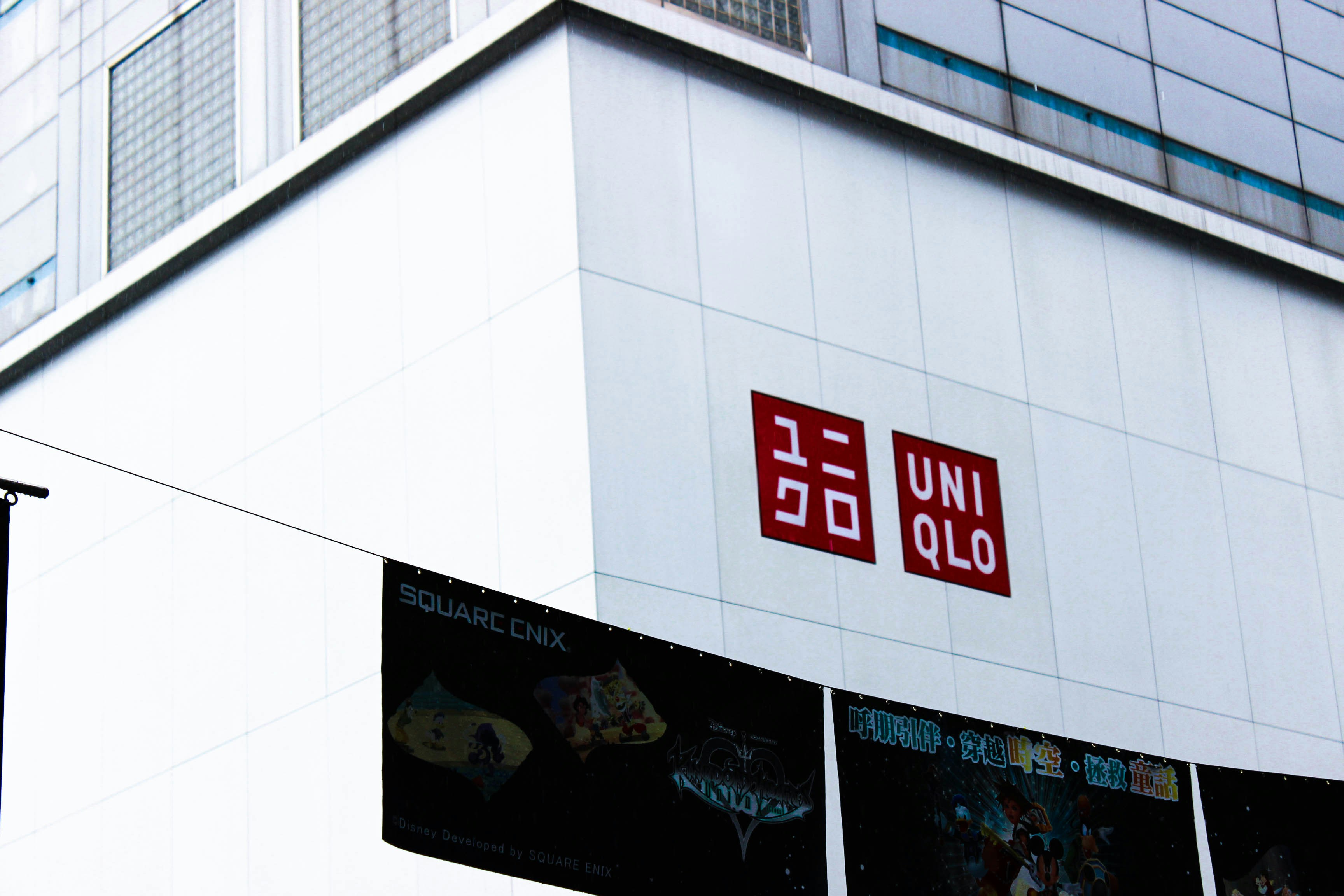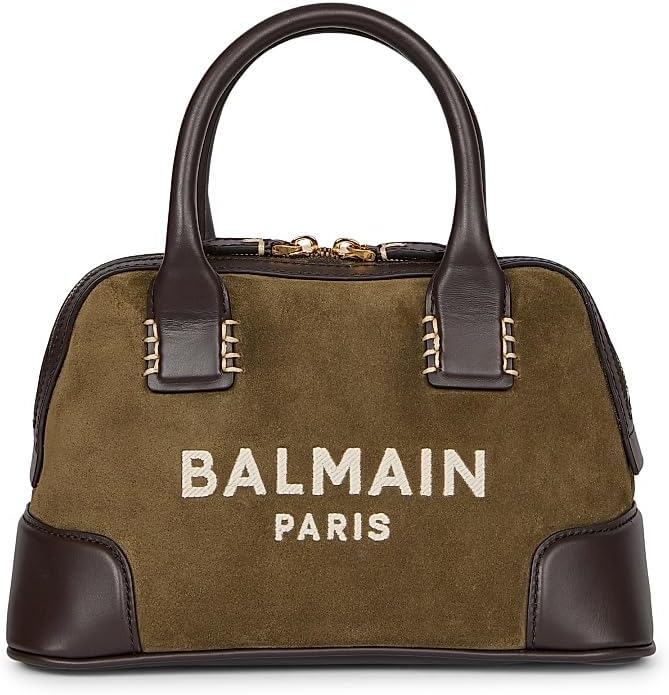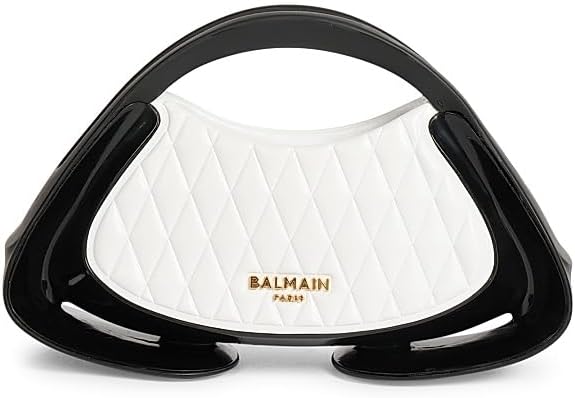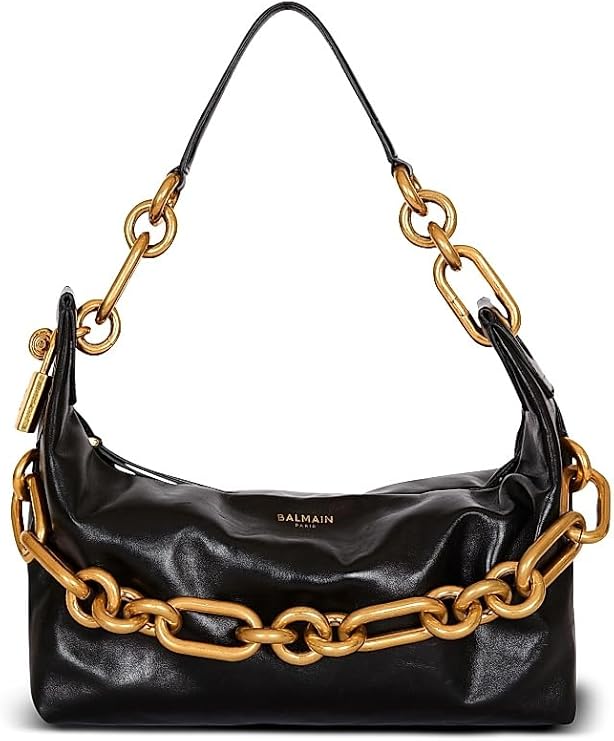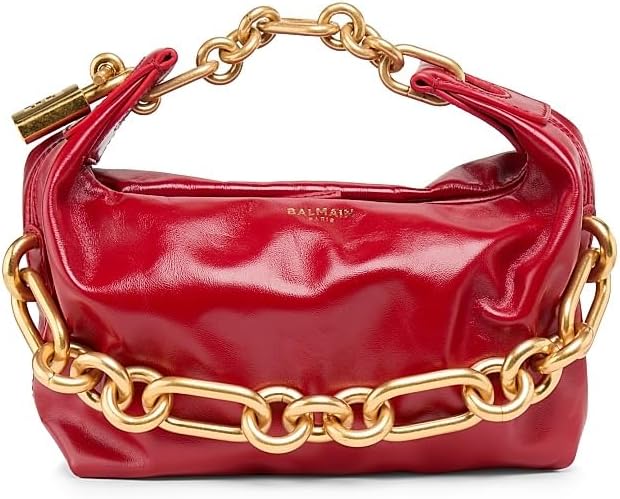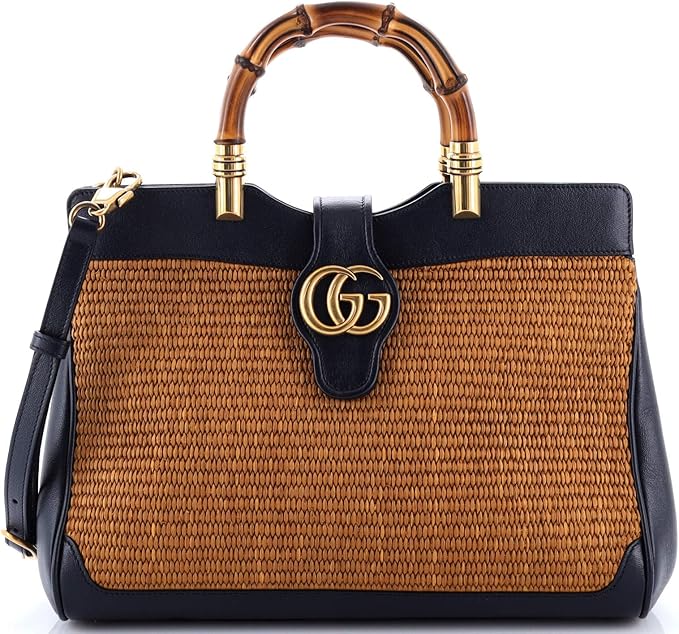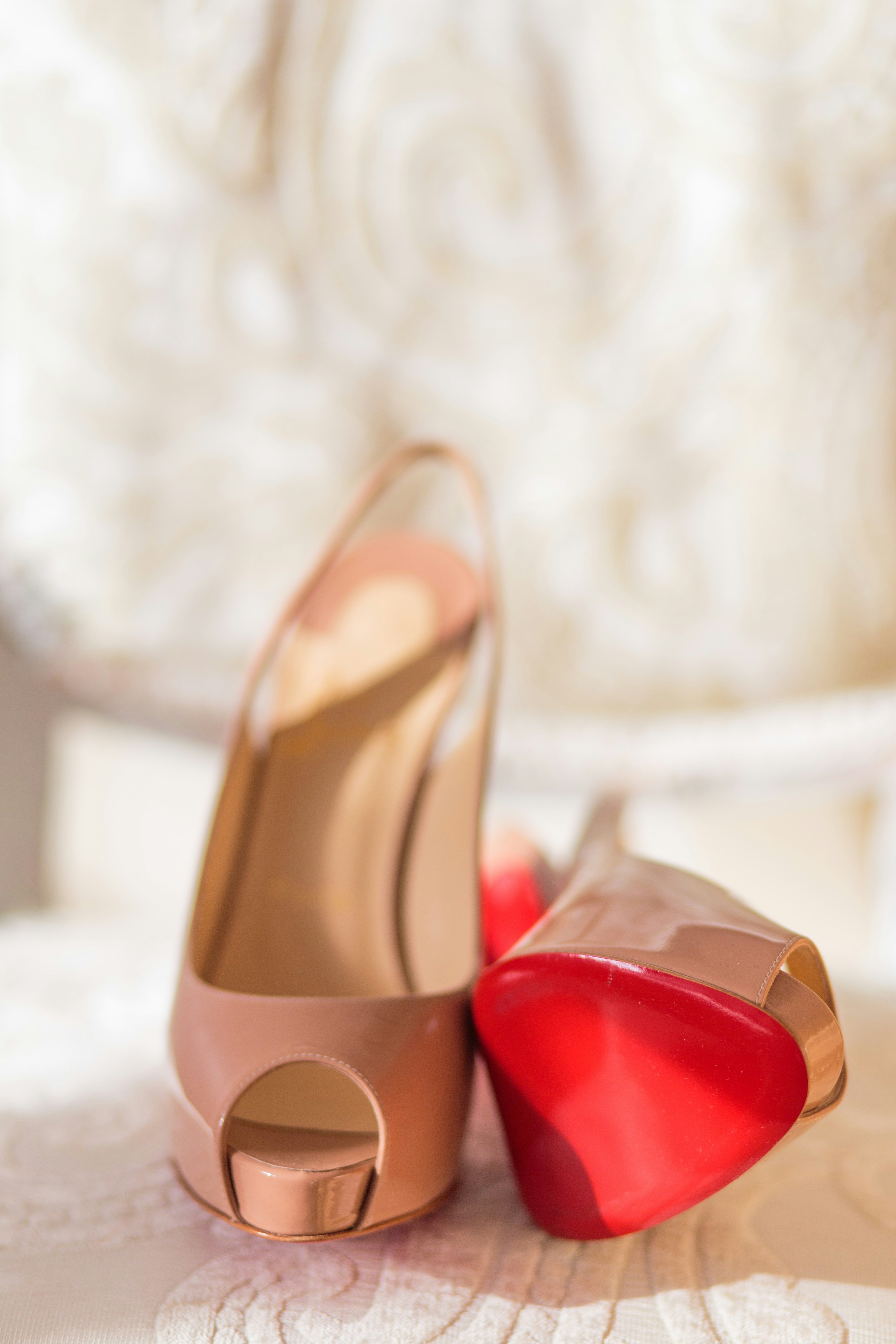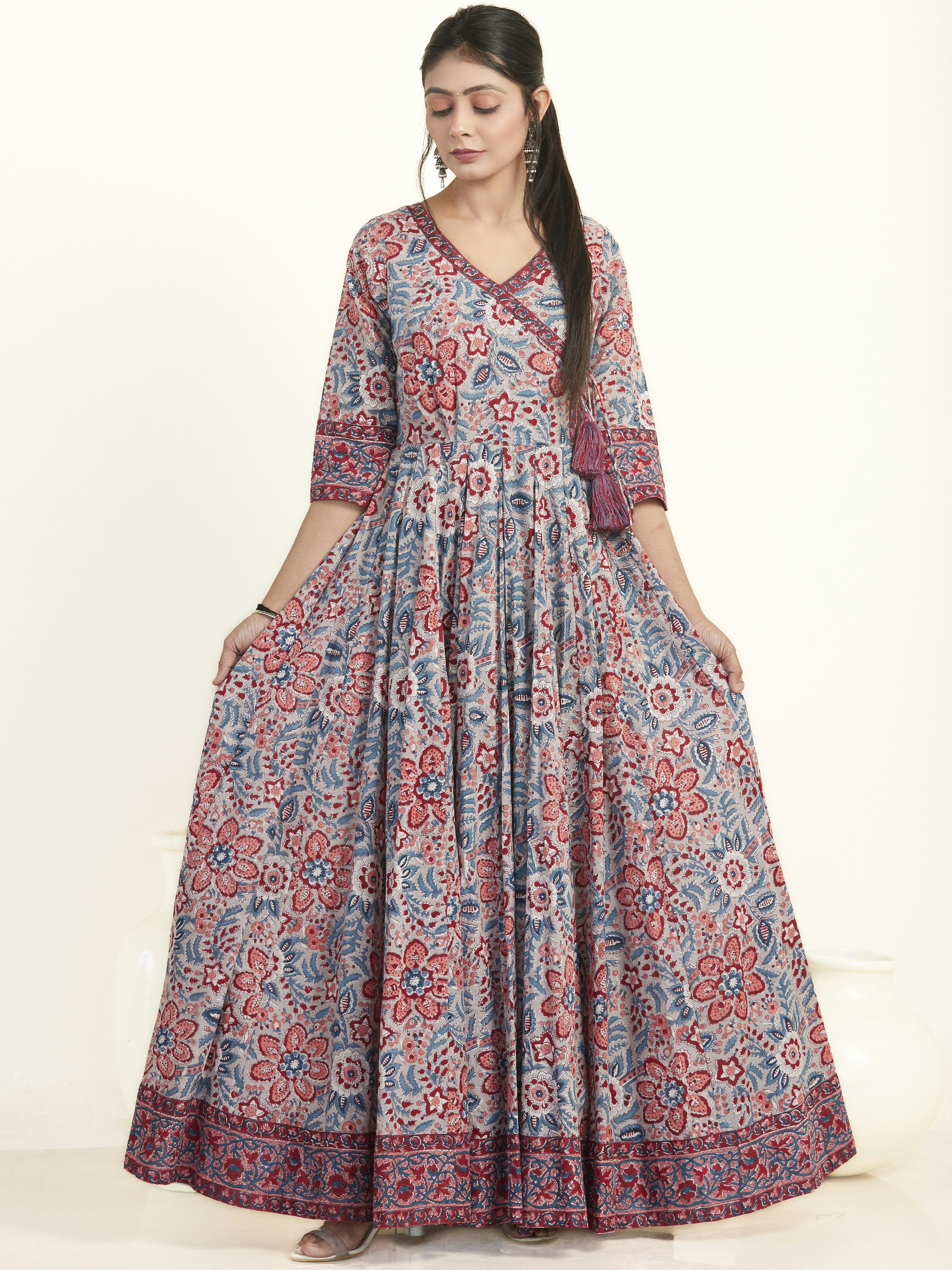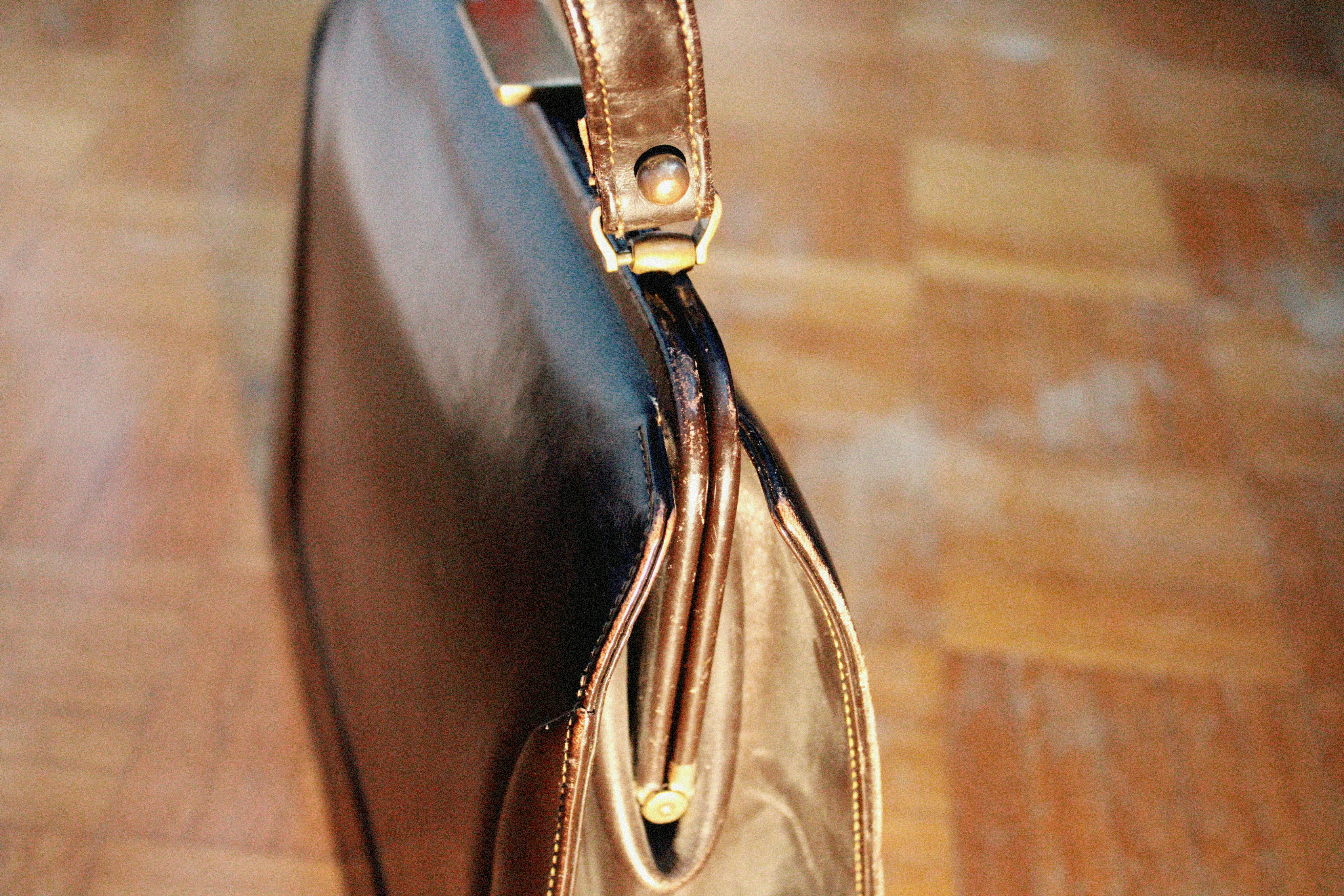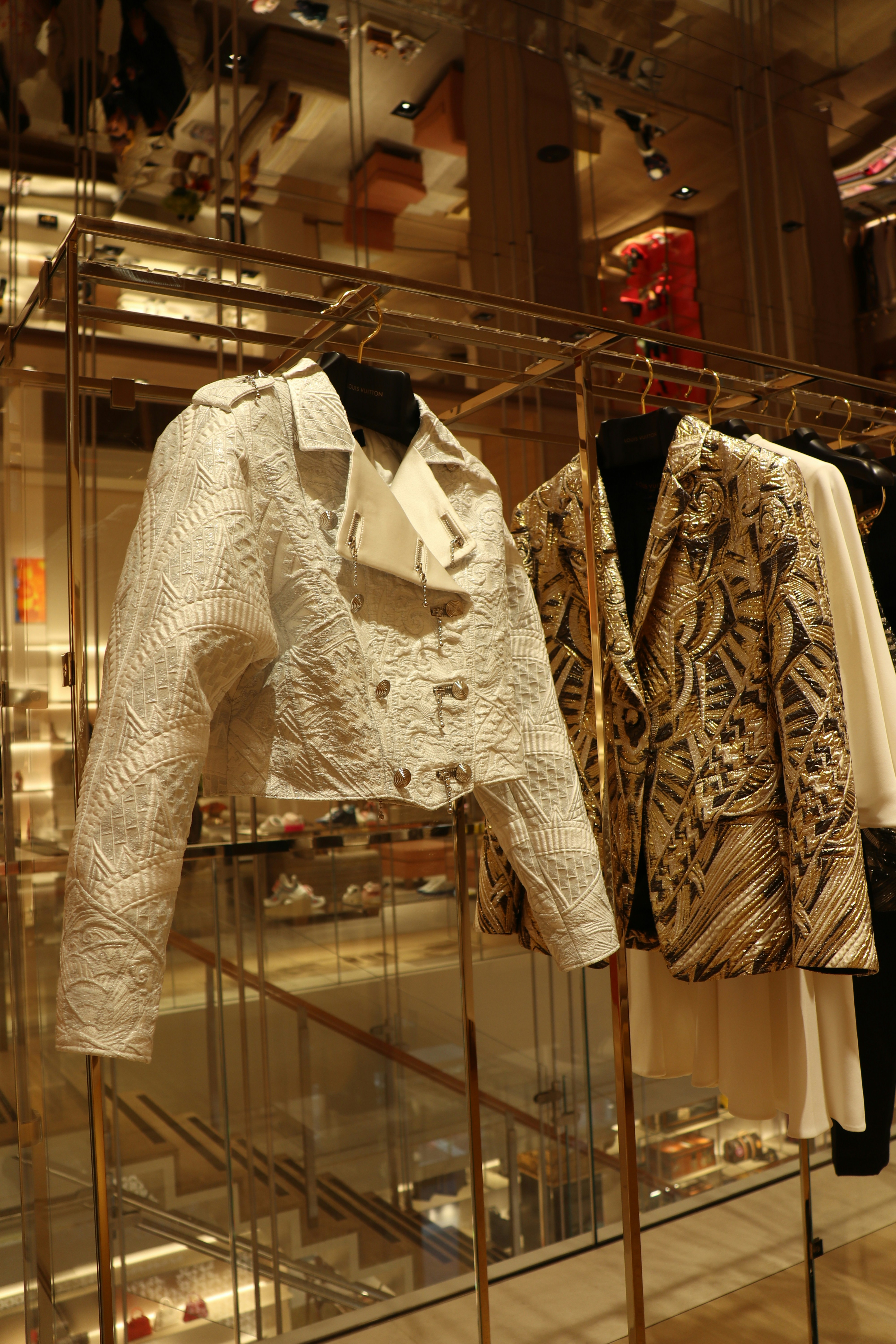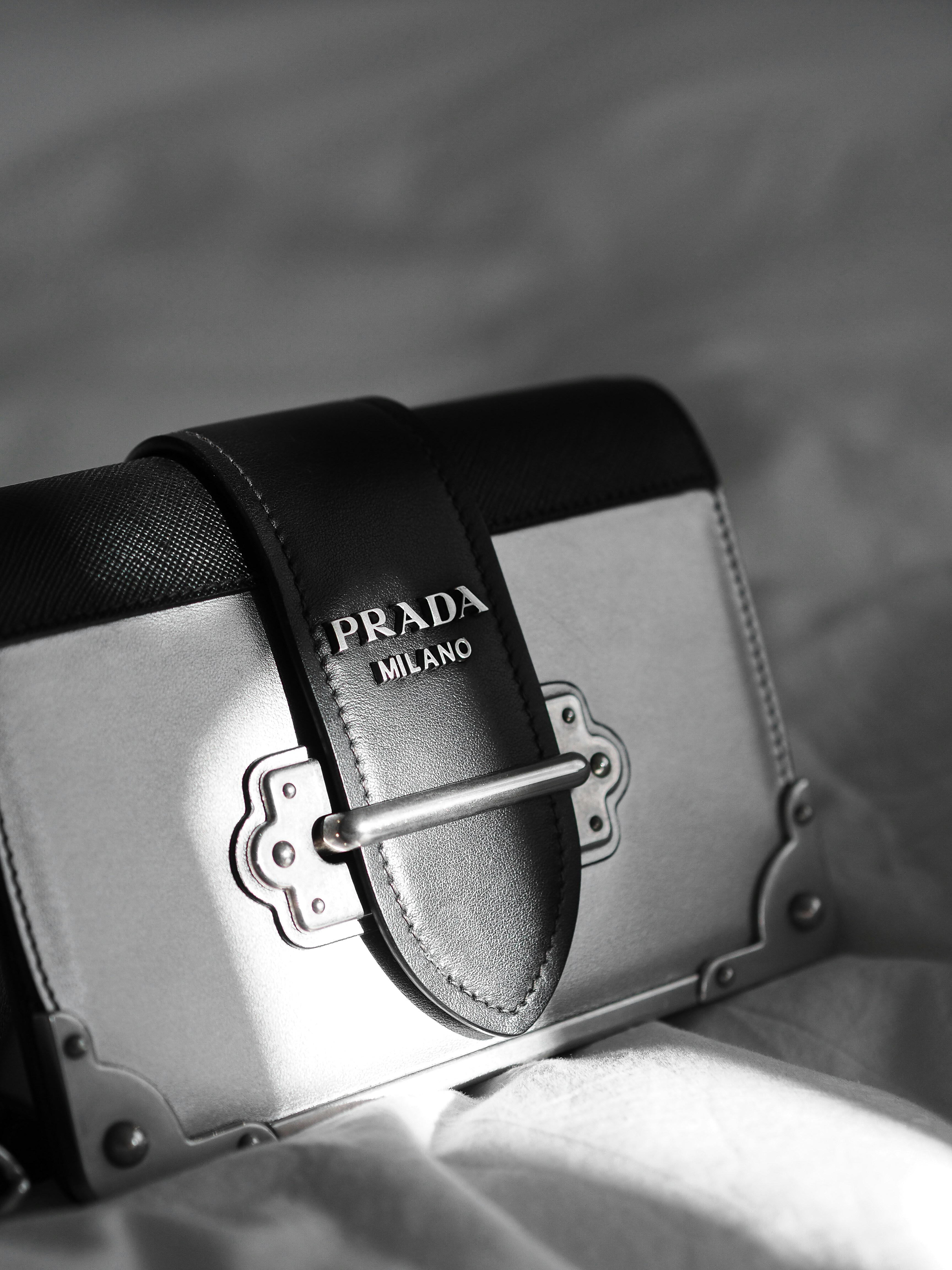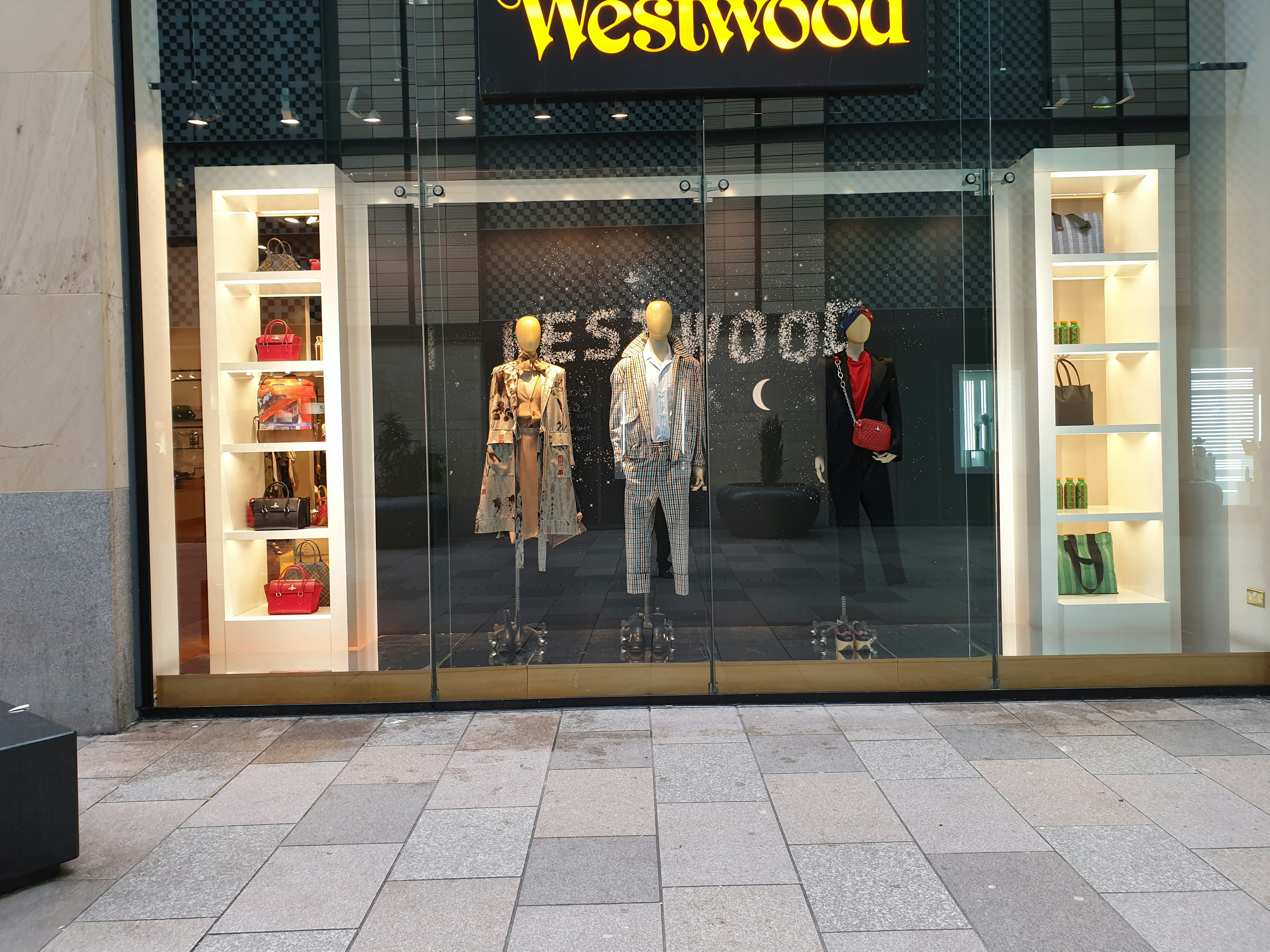A Brief History of Uniqlo
Uniqlo, a brand that has become synonymous with affordable and trendy fashion, traces its origins back to 1949 in Ube, Japan. Initially established as a small clothing store under the name ‘Unique Clothing Warehouse,’ the shop catered primarily to local consumers looking for casual wear. The store’s focus on providing basic yet stylish clothing laid the groundwork for Uniqlo’s core philosophy: offering quality apparel at reasonable prices.
As the years progressed, Uniqlo began to gain traction, thanks in part to its understanding of consumer preferences. The brand responded to the emerging demand for casual yet fashionable clothing in the 1990s, which proved pivotal in shaping its identity. In 1984, the company made a significant decision to rebrand from ‘Unique Clothing Warehouse’ to the shorter and catchier ‘Uniqlo,’ a name that highlighted its unique clothing offerings while maintaining a modern appeal.
The late 1990s marked an essential turning point for Uniqlo, as it started to expand beyond Japan. The first international store opened in London in 2001, marking the brand’s ambition to become a global fashion player. This expansion was accompanied by innovative marketing strategies, such as collaborations with renowned designers and artists, which attracted attention and further solidified its presence on the world stage. By the 2010s, Uniqlo had established stores in numerous countries, including the United States, China, and various nations across Europe, transforming from a domestic brand into a global fashion powerhouse.
Today, Uniqlo continues to thrive as a leader in the fashion industry, responsible for revolutionizing how casual clothing is perceived. Its commitment to quality, affordability, and customer-centric design has enabled it to remain relevant in an ever-evolving marketplace, continuing a legacy that began over seventy years ago.
The Philosophy of Minimalism
Uniqlo’s commitment to minimalism in fashion design represents a significant aspect of its identity and strategy. Rooted in the belief that clothing should be simple, functional, and versatile, the brand has successfully carved out a niche in the competitive fast-fashion landscape. Minimalism, characterized by clean lines and a lack of excessive embellishments, encourages consumers to embrace the idea of quality over quantity. This aspect of minimalism resonates strongly with a diverse demographic seeking practicality in their wardrobes.
The simplicity inherent in Uniqlo’s designs allows customers to effortlessly mix and match garments, fostering a sense of individual style while maintaining a cohesive wardrobe. This versatility not only enhances the wearability of each piece but also makes it easier for consumers to adapt their clothing choices to various occasions. By focusing on essential styles, Uniqlo further supports the modern consumer’s desire for a streamlined lifestyle, where functionality and ease of care are paramount.
Moreover, Uniqlo’s minimalist philosophy aligns seamlessly with contemporary values, particularly in the context of sustainability. As consumers become increasingly aware of the environmental impact of the fashion industry, the appeal of timeless, versatile pieces grows. By prioritizing quality materials and enduring designs, Uniqlo encourages mindful consumption and promotes the longevity of wardrobes. This minimalist approach acts as a counterpoint to the often fleeting trends associated with fast fashion, encouraging shoppers to invest in pieces that will remain relevant over time.
In essence, Uniqlo’s dedication to minimalism underscores its role in shaping not only personal style but also broader fashion trends. Emphasizing simplicity while addressing the needs of today’s consumers, the brand continues to leave a lasting impact on the fashion landscape.
Innovative Tech Fabrics: A Game Changer
Uniqlo has consistently set itself apart in the competitive fashion industry through the innovative use of technology in fabric production. One of the most notable advancements is the introduction of Heattech technology, which has significantly transformed the way consumers approach clothing for colder climates. Heattech is a proprietary fabric designed to generate and retain body heat while remaining light and comfortable. This technology incorporates unique fibers that insulate warmth while offering breathability, making it suitable for a variety of weather conditions.
Understanding how Heattech works involves appreciating its multi-layered design. The fabric utilizes a blend of materials that not only trap heat emitted by the body but also absorb moisture to keep skin dry. This thermal property ensures that users remain warm without the bulk traditionally associated with winter clothing. Many consumers have reported increased comfort and enhanced performance during outdoor activities, highlighting Heattech’s role as a game changer in active and casual wear alike.
Moreover, Uniqlo’s commitment to research and development plays a crucial role in its continued innovation in fabric technology. The company tirelessly invests in studies aimed at improving existing products and creating new technologies that meet the evolving demands of users. This dedication to enhancement ensures Uniqlo remains at the forefront of fashion technology, leading to the creation of fabrics that cater to diverse lifestyles. The integration of such technology not only positions Uniqlo as a pioneer within the industry but also enhances the overall consumer experience, solidifying the brand’s reputation for marrying comfort, performance, and style.
Uniqlo’s Global Impact and Future Directions
Since its inception in 1949, Uniqlo has transformed from a humble clothing store in Japan to a globally recognized fashion retailer. Today, it stands as a key player in the international fashion market, known for delivering high-quality, functional clothing at affordable prices. Its position has been solidified through strategic expansions into various international markets, including the United States, Europe, and Asia, where it has embraced local cultures while maintaining its unique Japanese identity. This characteristic has played a significant role in its global appeal, blending contemporary style with consideration for practicality and design that reflects local tastes.
Uniqlo’s ability to adapt its offerings to meet the demands of diverse consumers has contributed to its continued success around the world. The brand is recognized for its commitment to innovation, which is evident in its unique product lines like Heattech and AIRism, which cater to specific customer needs. As the fashion industry progresses, the brand has been proactive in exploring collaborative efforts with renowned designers and artists, thus enhancing its creative scope and expanding its audience.
Looking towards the future, Uniqlo is poised to strengthen its commitment to sustainability. The brand has initiated various sustainability projects, including the use of recycled materials in its clothing lines and partnerships aimed at promoting environmental awareness among its consumers. These initiatives not only align with the global movement towards sustainability but also resonate with increasingly eco-conscious shoppers.
Moreover, as fashion trends continue to evolve, Uniqlo is expected to explore new product lines and adapt its marketing strategies to address changing consumer preferences. This includes leveraging digital platforms and e-commerce to enhance customer engagement and accessibility. In conclusion, Uniqlo’s emphasis on innovation, sustainability, and adaptability is likely to ensure its continued prominence in the global fashion landscape, solidifying its role as a significant contributor to fashion’s evolution in the years to come.
